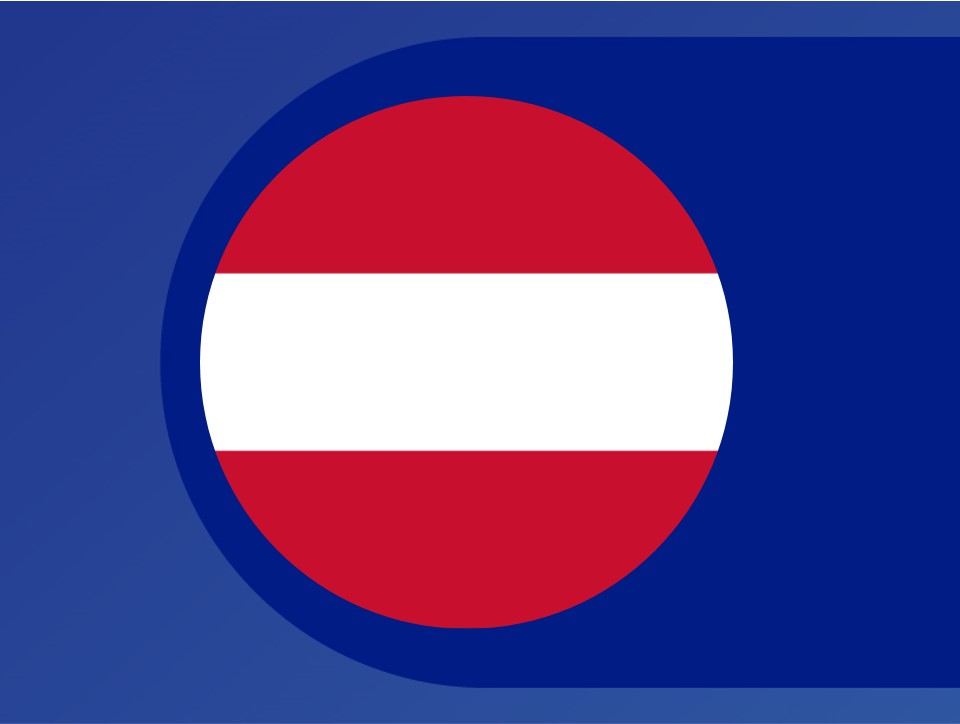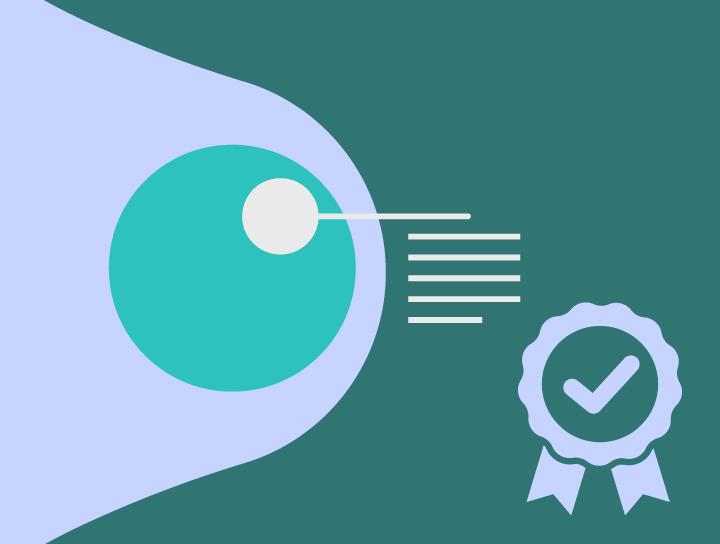589 resultaten gevonden
Skip results of view Nieuws

The manufacturing industry is a key driver of economic growth, job creation, and technological progress across Europe. As global supply chains evolve and digitalisation accelerates, open data is becoming an essential resource for optimising production processes, improving efficiency, and fostering innovation. From predictive maintenance to material tracking and smart factories, access to reliable, real-time data is helping manufacturers make better decisions and stay competitive in a fast-changing landscape. To support the integration of open data into the manufacturing sector, the European
Mark your calendars for our upcoming webinar ‘ Smart cities and digital twin technology: the case of Dublin ’ on Friday, 14 December 2025, from 10:00 to 11:00 CET. Building on the success of our previous smart city webinar on Rotterdam, this second edition will highlight the innovative Smart Dublin project. Smart cities use technology to enhance urban management and efficiency. By integrating digital solutions, they improve traditional networks and services, benefiting residents and businesses. Beyond better resource use and reduced emissions, smart cities feature advanced transport networks
In celebration of Open Data Day , we are excited to co-host a webinar focused on data and metadata quality, cornerstones of effective open data initiatives. This event, titled ‘From data to metadata: enhancing quality across borders’, is organised by the data.europa academy of the Publications Office of the European Union and the Open Knowledge Foundation . It will bring together experts from Europe and beyond to share their insights, approaches, and best practices for ensuring high-quality open data. Open Data Day is an annual global event dedicated to promoting and celebrating open data. It

The democratisation of artificial intelligence (AI) through open data is changing the technological landscape, making AI accessible to a broader audience. By leveraging open data, individuals and organisations can develop AI solutions without the need for extensive resources. This movement is breaking down barriers and stimulating innovation across various sectors, from healthcare to transportation. Open data initiatives, like data.europa.eu , ensure that the benefits of AI are distributed equitably, promoting a more inclusive digital economy. One notable success story is the AI4EU project

Austria's national open data portal, data.gv.at , serves as a central hub for national open data, offering over 55,000 datasets across multiple areas, including economy, health, and environment. Developed through the Cooperation OGD Austria , the platform provides free access to public sector information, promoting transparency and empowering citizens, researchers, and businesses to make data-driven decisions. A notable feature of data.gv.at is its comprehensive COVID-19 Open Data Information Portal , which consolidates pandemic-related data to facilitate rapid interaction among scientists
It is that time of the year again – the annual Open Data Maturity webinar is just around the corner. Join us for the ‘ Open data maturity in Europe 2024: best practices and key takeaways ' webinar taking place on Friday, 28 February from 10:00 to 11:30 CET. On 16 December 2024, the tenth Open Data Maturity (ODM) report was published. This annual assessment tracks the progress of European countries in promoting and facilitating the availability and reuse of public sector information. The report serves as both a source of inspiration for advancing open data efforts and as a benchmarking tool to

Discover and navigate the broad world of data events at data.europa.eu . Our events section is your gateway to open data information opportunities, from insightful webinars to engaging workshops and open data events across the world. Updated frequently, you can easily navigate through a diverse range of events tailored to your interests and professional needs. The events are sorted chronologically on ongoing and upcoming events as a standard. Users can filter the events themselves based on various criteria such as the event date and type. Internal events, organised by data.europa.eu, are

One of our latest reports available on data.europa.eu , the ‘Report on licence usage on the data.europa.eu portal’ , is a study that provides a comprehensive analysis of how different licensing choices impact the accessibility and usability of open data. This report offers valuable guidance for data providers and data re-users. Licensing plays a crucial role in the open data ecosystem. While open data is meant to be free for everyone to use, licences define how data can be accessed, modified, and shared. The study examines over 1.8 million datasets on data.europa.eu and identifies more than

DEPLOYTOUR , a strategic initiative under the European Digital Europe Programme , is making significant strides in developing a Common European Tourism Data Space (ETDS). Launched in October 2024, the project aims to address the challenges of fragmented and inaccessible tourism data. By enhancing access to information, DEPLOYTOUR empowers Small and Medium-sized Enterprises (SMEs) and Destination Management Organisations in their digital and green transition, fostering innovative practices and boosting the competitiveness, sustainability, and resilience of the tourism sector. The initiative

Technology can improve public sector operations and service delivery in multiple ways. For this reason, the European Commission has developed the Public Sector Tech Watch (PSTW) . This observatory is dedicated to monitoring, analysing, and disseminating the use of emerging technologies within the public sector in Europe. Managed by the Directorate-General for Informatics and the Joint Research Centre, the PSTW serves as a vital resource for understanding how technologies like Artificial Intelligence (AI) and blockchain are transforming public services. One of the key components of the PSTW is
